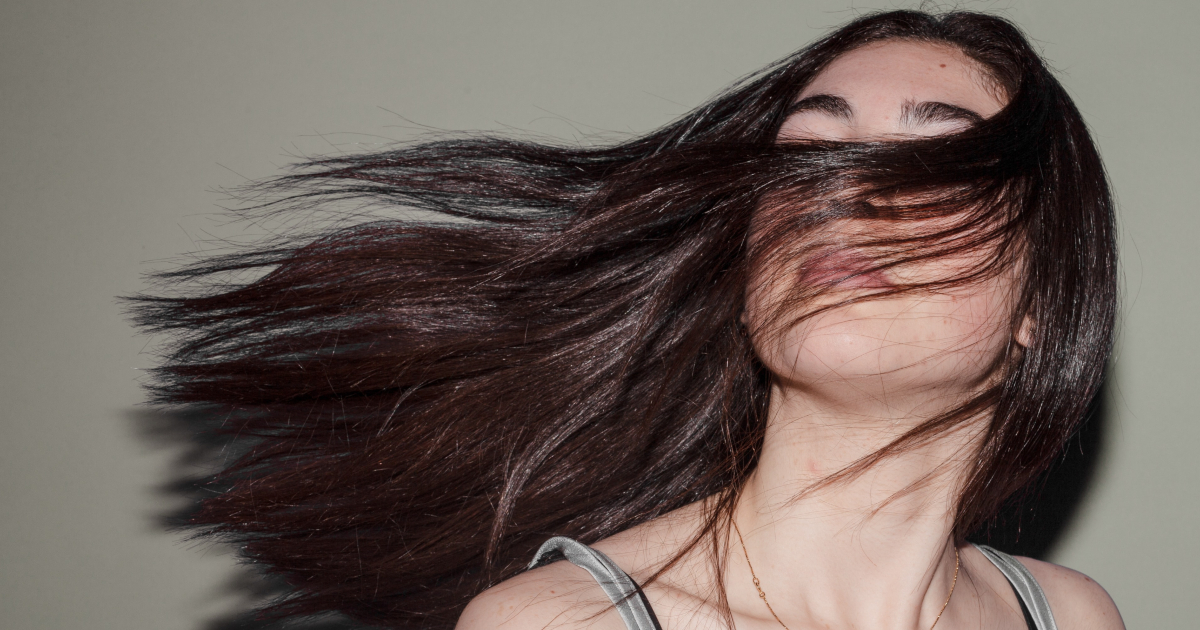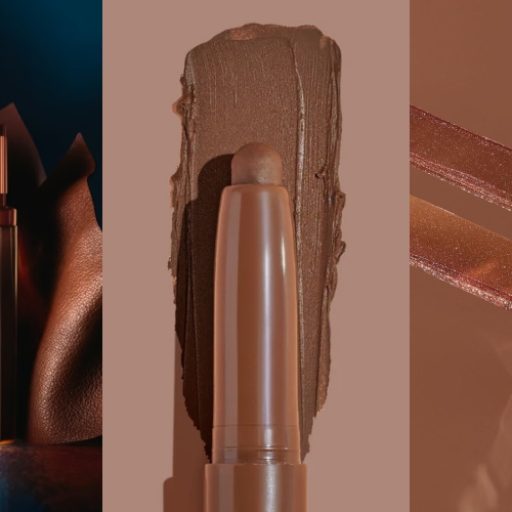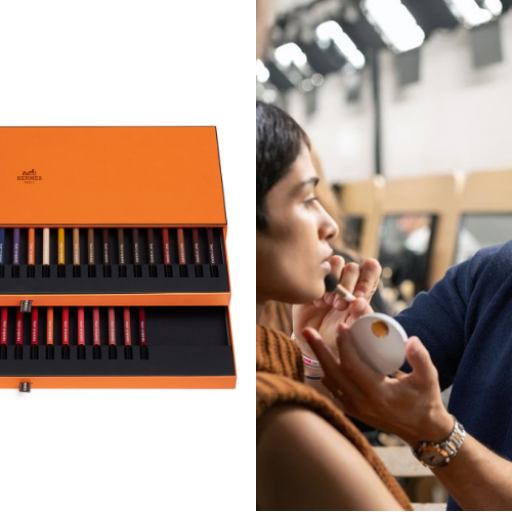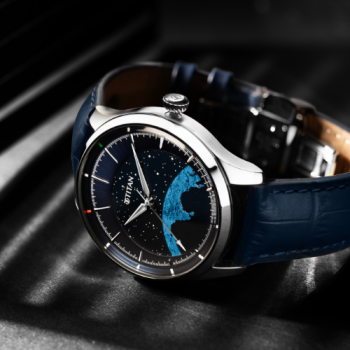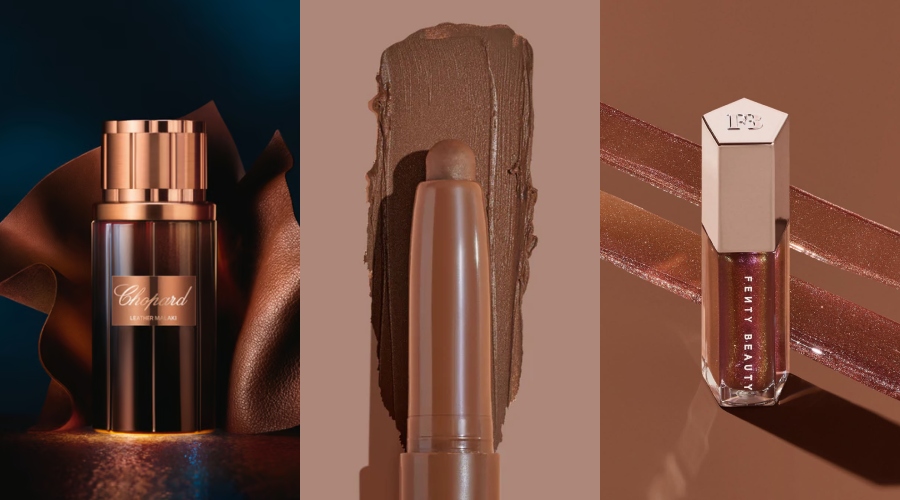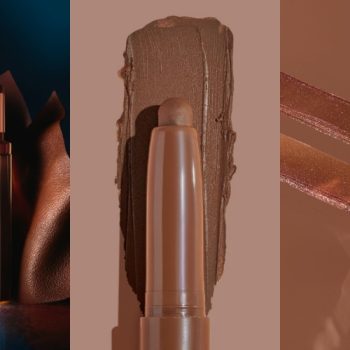We all know sunscreen is an all-year-round non-negotiable necessity. When the sun glares down and you need protection for your skin, you would assume that a higher SPF is the answer. But the reality lies somewhere else. SPF, also known as sun factor protection, measures how accurately the sunscreen protects your skin against the sun’s harmful UV rays. These days shelves are lined with everything from 6 on the very low end to 100+ on the very high end. But, a higher number on that bottle doesn’t mean it is “better” for you.
Does Higher SPF Mean Better Protection?
What Do SPF Numbers Mean?
The right SPF count depends on an individual’s unique skincare needs. While a higher SPF doesn’t necessarily guarantee more protection, it certainly helps to understand the distinction. It’s also noteworthy that while some people do benefit from a high SPF, depending on skin type and lifestyle. For many even SPF 30 will suffice. Two kinds of UV radiation hit your skin when you are in the sun: UVA and UVB. UVB is the type that is responsible for sunburns. Comparatively, UVA is the type of radiation that reaches deeper into the skin and causes skin ageing. Exposure to both kinds of radiation increase the risk of skin cancer. It looks like SPF 100 sunscreen would give you twice the protection of SPF 50 sunscreen. But higher-SPF products are only minutely better at protecting you from UVB.
A factoid to remember is – SPF 30 blocks 97% of UVB radiation, SPF 50 blocks 98% radiation, and SPF 100 blocks 99%. Dr Sejal Saheta, dermatologist and venereologist, InUrSkn, further elaborates that it is a measure of protection from UVB rays. If your skin gets slightly sunburned in 10 minutes, then an SPF 15 sunscreen will protect your skin for 15 times more – that is 150 mins. But this is true only for laboratory settings. In practice, the protection may not last so long in actual use. It is best to reapply sunscreen every two to four hours if you are continuously out in the sun for long durations to maintain protection levels.
Are There Any Side Effects Of Using Products With Higher SPF?
There are no direct adverse effects of applying a higher SPF, but it can lead to a sun protection routine that is incomplete and needing more. While a product with SPF 50 might give you better protection against UVB rays due to its photochemistry, it might have less UVA protection. Both radiations are equally harmful. UVA rays affect more deeply than UVB and are responsible for most skin ageing, damage to collagen fibres, and aggressive skin cancer. There is also the danger of a higher SPF number imparting a false sense of security. Dr Sejal adds, “If you have a deeper skin tone, it would be a waste to spend money on high SPF sunscreens, which may be more expensive and not so easily available too”.
How To Choose The Right Sunscreen?
When choosing a sunscreen, ‘broad spectrum’ are the words to look for in the packaging. This simply means that your sunscreen offers both UVB and UVA protection. “Your sunscreen should have UVA protection. Just like you have SPF for UVB, you have a boot star rating for UVA protection, so a sunscreen with a boot-star rating of 4 to 5 is a good UVA protector. So you can use a sunscreen with UVB and UVA protection, which we call a broad-spectrum sunscreen,” says Dr Rohit Batra, a dermatologist at Sir Ganga Ram Hospital, New Delhi. Broad-spectrum sunscreens have a PA (Protection Grade of UVA Rays) rating in addition to the regular SPF. This number shows the protection from persistent pigment darkening (PPD). The PA ranges from PA+ to PA++++. Higher the number of plus signs, the better the level of protection there is against the UVA rays. Dr Rohit recommends using cream-based sunscreens for dry skin and gel or water-based sunscreens for oily, acne-prone skin. He adds, “Apply a teaspoon quantity of sunscreen on your face and neck. It needs to be applied half an hour before the sun exposure.” I’m sure you have heard this multiple times before, but I will say again, never skip your sunscreen!


